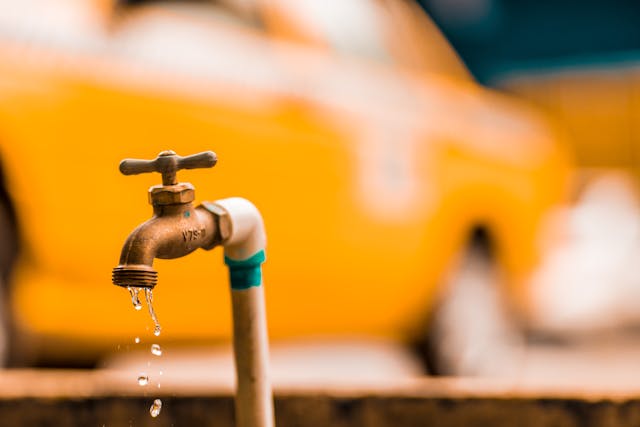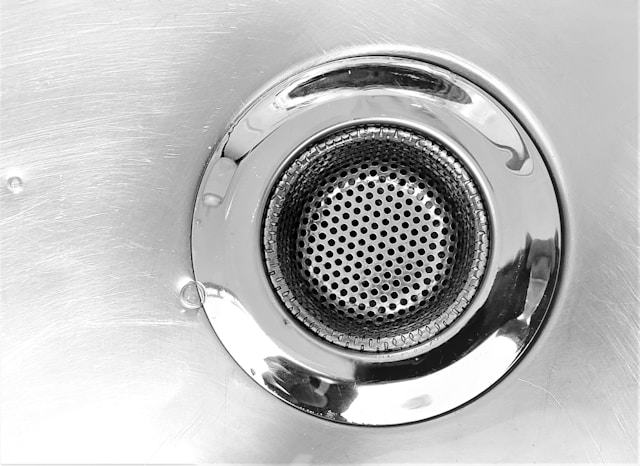As the crisp air of November settles in, many of us are starting to prepare for the cold weather—and that includes getting our homes ready for winter. But while you’re pulling out the blankets and winter coats, don’t forget to show your plumbing some love. November is the perfect time to tackle a few plumbing tasks that’ll save you headaches (and expensive repairs) down the road. No one wants to deal with a frozen pipe on Christmas Day, right? Here are some Plumbing Tips for Residential Homes.
Here are some easy November plumbing tips for residential homes to help keep your pipes running smoothly as the temperatures drop:
1. Insulate Pipes Before the Cold Sets In
One of the easiest ways to prevent costly plumbing disasters is to make sure your pipes are properly insulated. If you have pipes running through unheated spaces like basements, attics, or crawlspaces, you’re at risk for them freezing when the temperature drops below freezing. This is one of the essential plumbing tips for residential homes.
The solution? Pipe insulation. You can pick up foam pipe insulation from your local hardware store and wrap it around exposed pipes. If you’re in an area that gets really cold, consider adding a little extra protection with heat tape. This is a simple DIY job that can save you from major headaches in the future. Not sure where to start? A professional plumber can help assess your situation and give you advice on the best approach to ensure your home benefits from plumbing tips for residential homes.
Don’t forget your outdoor faucets, its best to cover them so that you don’t forget them if we have an over night cold snap. For more plumbing tips for residential homes, consider outdoor insulations.
2. Keep Your Faucets Dripping (Just a Little)
When temperatures drop overnight, frozen pipes are one of the biggest risks. One simple trick to prevent freezing is to leave a faucet dripping just a little. When water flows, it’s much less likely to freeze. Prioritize faucets on exterior walls or in areas without heat, like garage sinks or bathrooms in unheated parts of the house.
The sound of running water all night might drive you crazy, but trust us—it’s better than dealing with a burst pipe in the morning.
3. Check for Leaks and Drips
Got a drip in the kitchen sink or a slight leak under the bathroom vanity? Now’s the time to fix it. Those small, pesky leaks might seem like no big deal, but they can lead to bigger problems down the road—especially in the winter. Leaks waste water, increases your utility bills, and could even contribute to frozen pipes if left unchecked. Keep this in mind while reviewing plumbing tips for residential homes this winter.

Take a few minutes to check for leaks around faucets, under sinks, and even along visible pipes. If you notice any issues, fixing them now will save you trouble (and money) later. And if you’re unsure how to handle it, a quick call to your local plumber can help you avoid further damage.
4. Know Where Your Main Water Shutoff Is
In the event of a plumbing emergency, knowing how to turn off the main water supply to your home can make all the difference. If a pipe bursts or a serious leak occurs, the quicker you can shut off the water, the less damage you’ll have to deal with.
Take a moment this month to locate your main water shutoff valve—it’s usually near where the water line enters your home (in the basement, garage, or sometimes outside). Make sure everyone in your household knows where it is and how to turn it off. Also, knowing this is one of the plumbing tips for residential homes that could save you a major headache if the worst happens.
5. Prevent Clogs with Extra Care
The holiday season is fast approaching, which means your kitchen and bathroom plumbing is about to get a workout. With all the cooking, entertaining, and extra guests, now’s a great time to be extra cautious about what goes down your drains.

Avoid pouring grease or fatty substances down the sink (they’ll harden and clog the pipes) and remind your family to toss food scraps in the trash instead of down the disposal. In the bathroom, make sure everyone is careful about flushing only the “three Ps”—pee, poo, and toilet paper. Use drain covers in showers to catch hair and soap scum, and clean them out regularly to keep drains flowing smoothly.
6. When in Doubt, Call a Pro
While these tips can go a long way in preventing common plumbing issues, there’s no shame in calling a plumber if you’re unsure about anything or if something goes wrong. A licensed plumber can help with everything from pipe insulation to leak detection and can provide advice on keeping your home’s plumbing system in top shape for the winter months ahead.
Conclusion: Prep Now for a Cozy Winter
By taking a few simple steps this November, you can protect your home from costly plumbing issues when the temperatures drop. Insulating your pipes, fixing leaks, and keeping your drains clear will help ensure your home stays warm and your plumbing runs smoothly all winter long.
So, go ahead—take a quick look around and tackle those plumbing tasks before the real cold hits. Your future self will thank you! These plumbing tips for residential homes will make a big difference.
